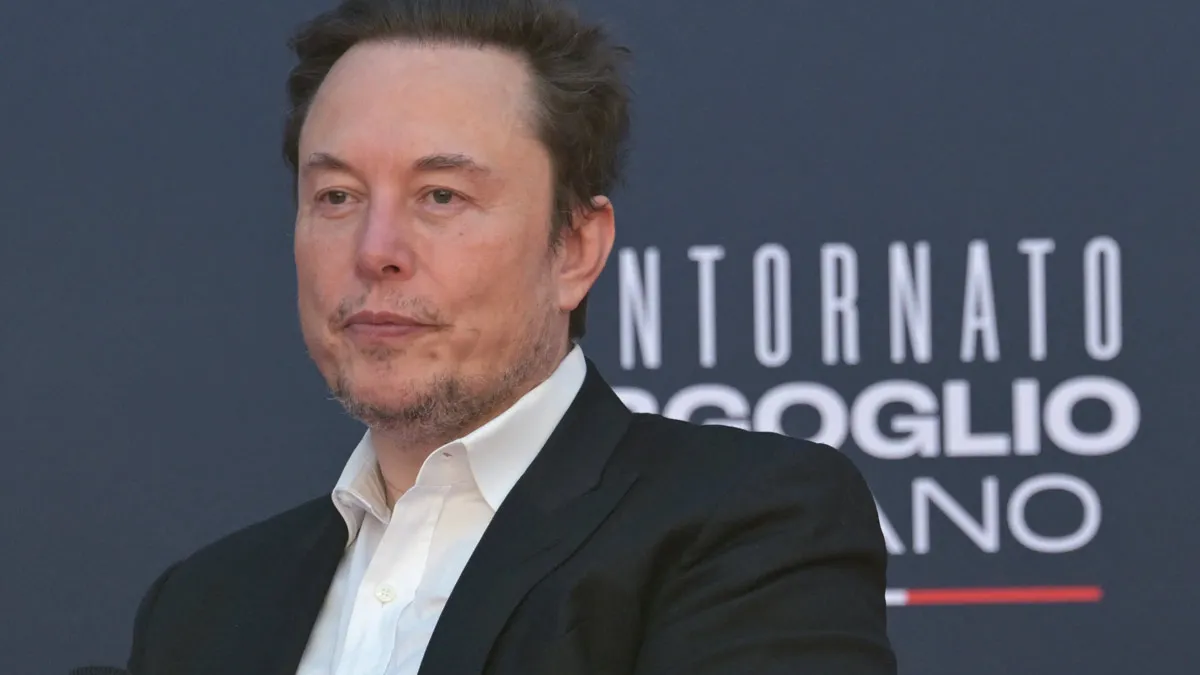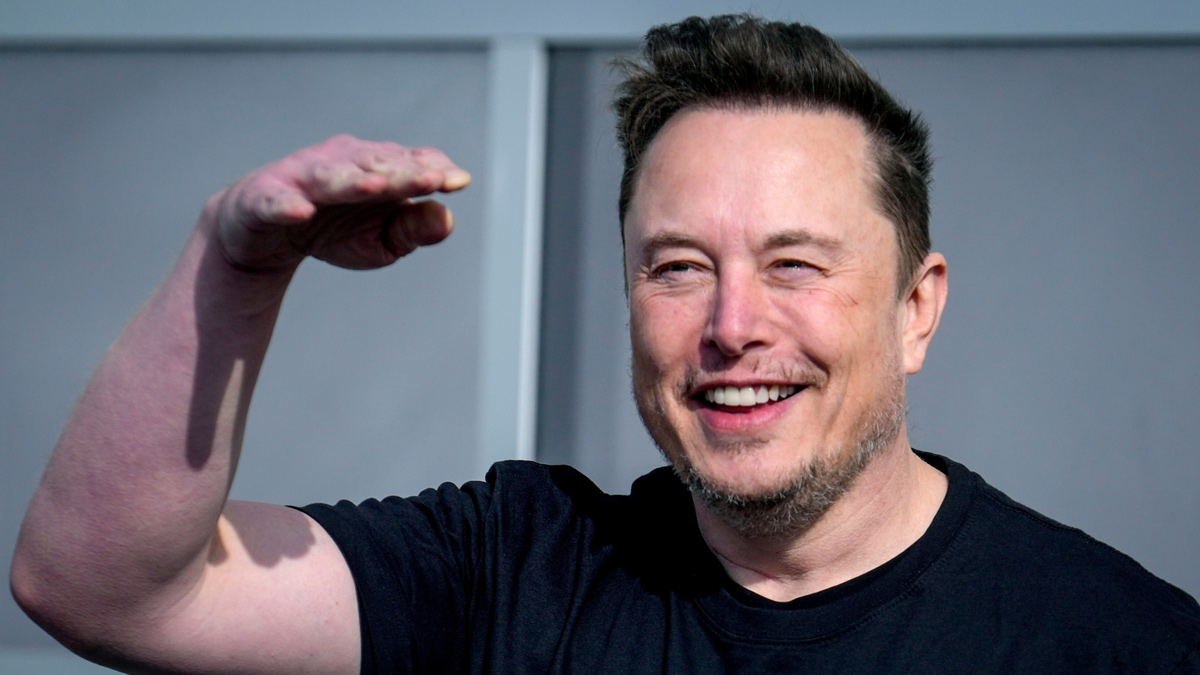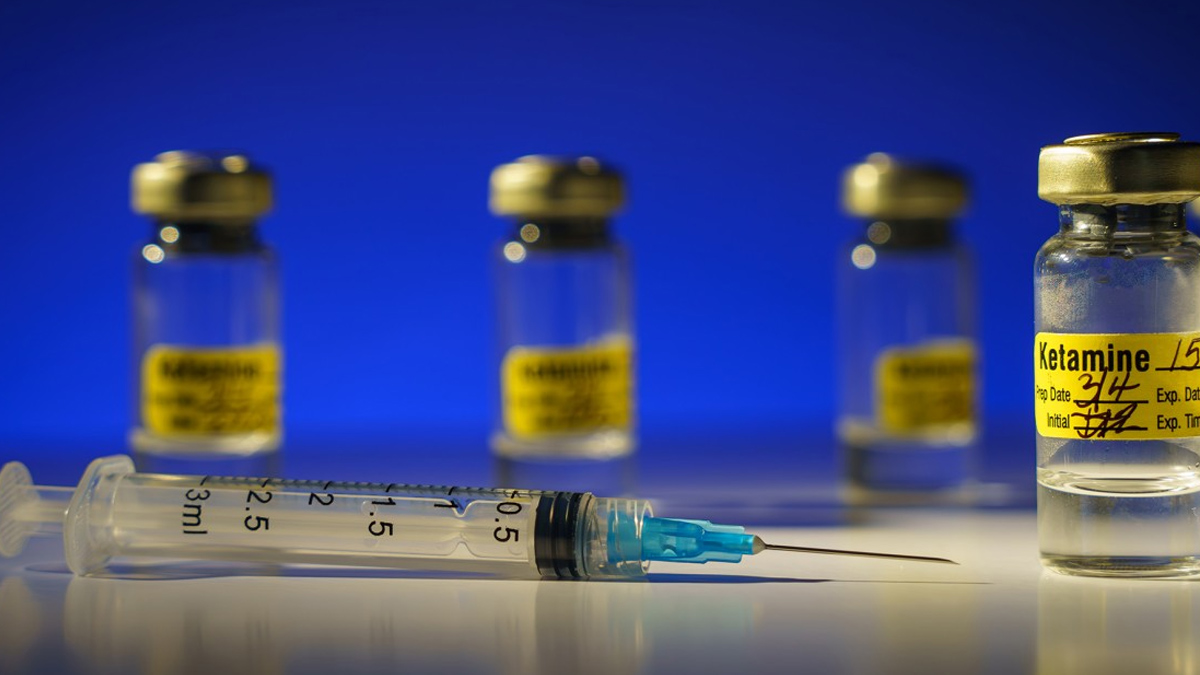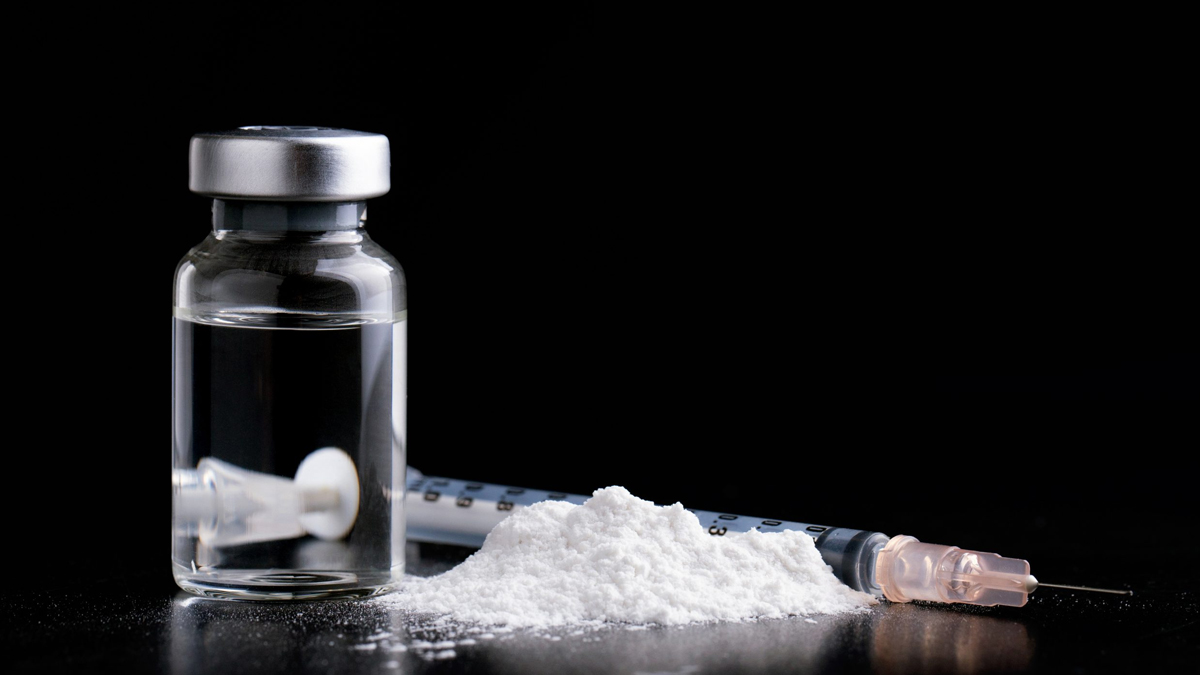
Billionaire entrepreneur Elon Musk has once again sparked discussions—this time about his use of ketamine as a treatment for depression. During an interview with journalist Don Lemon, the Tesla and SpaceX CEO candidly spoke about how the drug has helped him manage periods of depression that are not linked to any external factors. Musk, who is known for his erratic posting on X (formerly Twitter), emphasised that he is “almost always” sober when engaging in late-night or early-morning social media activity.
Table of Content:-
“There are times when I have sort of a … negative chemical state in my brain, like depression I guess, or depression that’s not linked to any negative news, and ketamine is helpful for getting one out of the negative frame of mind,” Musk revealed during the interview. He further clarified that he takes ketamine in small, medically supervised doses once every other week and has a legitimate prescription from a licensed doctor.

Ketamine’s Evolution: From Anesthetic to Antidepressant
Ketamine has a long history in the medical world. First approved by the FDA as an anesthetic in the 1970s, it has been widely used in surgical and emergency settings. Over the years, researchers began noticing its potential in treating mental health disorders, particularly in patients with treatment-resistant depression. This led to the development of esketamine (Spravato), a nasal spray derived from ketamine, which was approved by the FDA in 2019 for individuals who did not respond to traditional antidepressants.
Ketamine works differently than most antidepressants, which typically focus on serotonin and dopamine levels in the brain. Instead, ketamine acts on the glutamate system, helping restore neural connections that may have been damaged due to chronic stress or depression. Many patients report a rapid improvement in symptoms, sometimes within hours of treatment.
The Ongoing Controversy Surrounding Ketamine Therapy
Despite its promising effects, ketamine remains a controversial drug. Originally popularized in the club scene under the name ‘Special K,’ it has a history of recreational abuse. This has raised concerns about its widespread medical use, particularly regarding the potential for dependency or misuse.

Medical experts remain divided on its long-term effects. While some studies suggest ketamine can be a breakthrough treatment for severe depression, others caution that more research is needed. The risk of overuse or addiction is a significant factor, as ketamine can induce dissociative and hallucinogenic effects when taken in higher doses.
Musk addressed these concerns in the interview, acknowledging that excessive ketamine use could hinder productivity. “If you use too much ketamine, you can’t really get work done. I have a lot of work, I’m typically putting in 16-hour days … so I don’t really have a situation where I can be not mentally acute for an extended period of time,” he stated.
Also Read: Stanley Tucci Opens Up About Ongoing Health Struggles Post-Cancer Treatment
Mental Health and Performance in High-Stakes Industries
Musk's disclosure sheds light on the increasing dialogue surrounding mental health among high-profile individuals. The pressure of running multiple billion-dollar companies while constantly being in the public eye can take a toll on one’s mental well-being. While some critics argue that his public endorsement of ketamine could encourage misuse, others see it as a necessary conversation starter about alternative treatments for depression.

Musk has attributed his struggles with depression to genetics, rather than external factors. He also pointed out that his effectiveness as a leader remains intact. “From a standpoint of Wall Street, what matters is execution,” he remarked. “Are you building value for investors? Tesla is worth about as much as the rest of the car industry combined … so from an investor standpoint, if there is something I’m taking, I should keep taking it.”
Also Read: Spike In Paediatric Pneumonia Cases In Bengaluru—Doctors Warn Of Rising Infections
The Future of Ketamine Treatment
With Musk’s revelations putting ketamine in the spotlight once again, the debate over its use is likely to continue. Mental health professionals stress the importance of medical supervision when using ketamine as a treatment option, as the risks of self-medication or recreational misuse remain high.
As research into ketamine therapy advances, regulatory bodies and healthcare professionals will play a crucial role in ensuring that its benefits are accessible while minimising potential harm. Whether ketamine will become a widely accepted and mainstream treatment for depression remains to be seen, but with figures like Musk advocating for its effectiveness, the conversation surrounding alternative mental health treatments is unlikely to fade anytime soon.
Bottomline
Elon Musk’s candid discussion about his ketamine use highlights the evolving landscape of mental health treatment. While it has shown promise in alleviating symptoms of depression, its controversial nature ensures that it remains a topic of debate. As more high-profile individuals bring attention to alternative therapies, the conversation about mental health and the need for effective treatments will continue to grow. Ultimately, the responsible use of ketamine, under proper medical supervision, may offer a lifeline to those struggling with severe depression.
Also watch this video
How we keep this article up to date:
We work with experts and keep a close eye on the latest in health and wellness. Whenever there is a new research or helpful information, we update our articles with accurate and useful advice.
Current Version